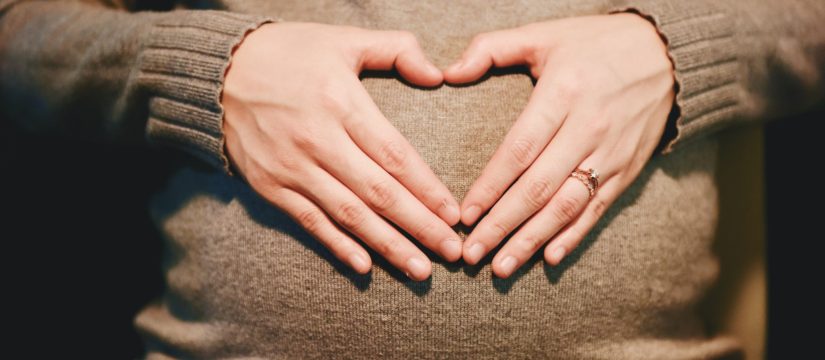
Your teeth and gums can be affected by a pregnancy, just like other areas of your body. Most commonly, pregnant women can develop gingivitis, or pregnancy gingivitis, beginning in the second or third month and can increase in severity through the eighth month of pregnancy. During this time, some women notice swelling, bleeding, redness, or tenderness in the gum tissue. In some cases, gums swollen by pregnancy gingivitis can react strongly to local irritants and form a large lump. These growths, called pregnancy tumors, are not cancerous and are generally painless. They usually disappear after pregnancy, but some may require removal by a dental professional, such as a periodontist.
The best way to avoid periodontal conditions associated with pregnancy is, to begin with, healthy gums. You should visit your Periodontist or your general dentist for a dental assessment.
If you are pregnant or planning to become pregnant, you need to know that your periodontal health may affect the pregnancy and ultimately the health of your baby.
Pregnant women who experience periodontal disease during their pregnancies may be twice as likely to develop Precambrian, which is characterized by high blood pressure and the presence of protein in the urine. It can put you and your baby at risk for severe complications. Additionally, studies have suggested that women who experience periodontal disease during pregnancy may be at risk of having a premature or low birth weight baby. The good news is that researchers are making strides to find out exactly how periodontal disease affects pregnancy outcomes. Some studies have suggested that treating periodontitis during pregnancy may reduce the risks of preterm birth. Preventing gum problems from developing during the stresses of pregnancy also appears to be important in improving the health of mother and baby.
If you are already pregnant and have been diagnosed with periodontal disease, treatment by your dental professional may reduce your chances of having a preterm, low birth weight baby. Talk to your dentist or Periodontist for more information. If you’re considering pregnancy, it’s a good idea to include a periodontal evaluation as part of your prenatal care. A healthy mouth can help give you, and your baby, something to smile about!
